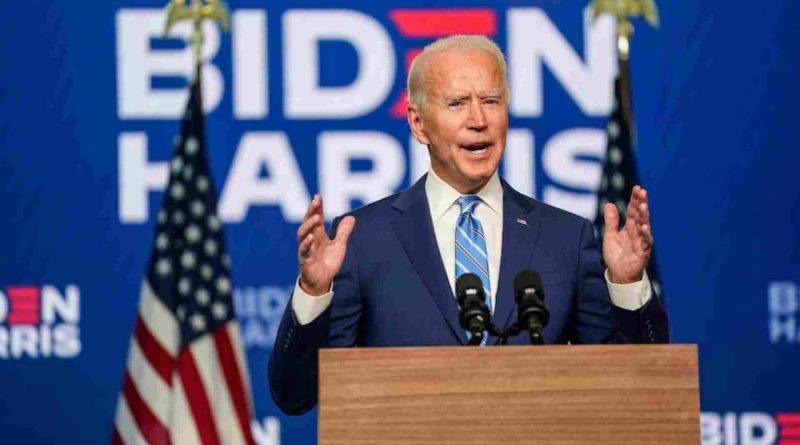Navigating America’s Partisan Chasm: A Role for Education
The aftermath of any election in America typically leaves behind deep scars of division and resentment. President-elect Joe Biden’s call for unity echoes across the nation, urging a collective effort to mend the tears sown by political discord.
However, bridging this chasm demands more than just political leadership; it necessitates a fundamental shift in our educational paradigm.
President-elect Biden’s plea to “put away the harsh rhetoric” resonates strongly, yet the bitter reality remains: America’s polarization persists, exacerbated by a lack of civic education and critical thinking skills.
Our educational institutions stand at the frontline of this battle for cohesion. They must cultivate a citizenry capable of reasoned discourse and mutual understanding, qualities sorely lacking in recent years.
Consider your actions, dear reader. How often have you perpetuated misinformation online, or resorted to derogatory labels for those with differing viewpoints?
While President Donald Trump undeniably amplified this trend, the roots run deeper. We’ve become ensnared in a cycle of ignorance and hostility, mirroring the very behaviors we claim to abhor.
The antidote lies in our classrooms. Here, we must equip students with the tools to discern fact from fiction, fostering a generation immune to the siren song of conspiracy and falsehood.
The proliferation of disinformation, epitomized by movements like QAnon, underscores the urgency of this task. From pandemic denialism to climate change skepticism, our collective failure to distinguish truth from fiction imperils us all.
Recent studies reveal a disturbing trend: a significant portion of students struggle to differentiate between news and advertising or discern the biases inherent in information sources.
Climate change denial, once confined to fringe groups, has seeped into mainstream discourse, fueled by a lack of scientific literacy and critical thinking.
Similarly, vaccine hesitancy knows no political boundaries, highlighting the dire consequences of misinformation in matters of public health.
Yet, our educational institutions have often fallen short of their mandate. Avoidance of controversial topics stifles meaningful dialogue, while self-censorship stifles dissenting voices.
A recent survey paints a grim picture: students, irrespective of political affiliation, fear reprisal for expressing their views openly. This culture of silence stifles intellectual growth and perpetuates division.
To truly heal America, we must cultivate a culture of respect and empathy, both inside and outside the classroom. Our educators must lead by example, fostering an environment where diverse perspectives are welcomed and respected.
President-elect Biden’s tenure promises a departure from the divisive rhetoric of the past. But his efforts will falter without a corresponding commitment from our educational institutions.
In the end, the path to national recovery begins not in the hallowed halls of government, but in the classrooms where future generations are shaped and molded.

